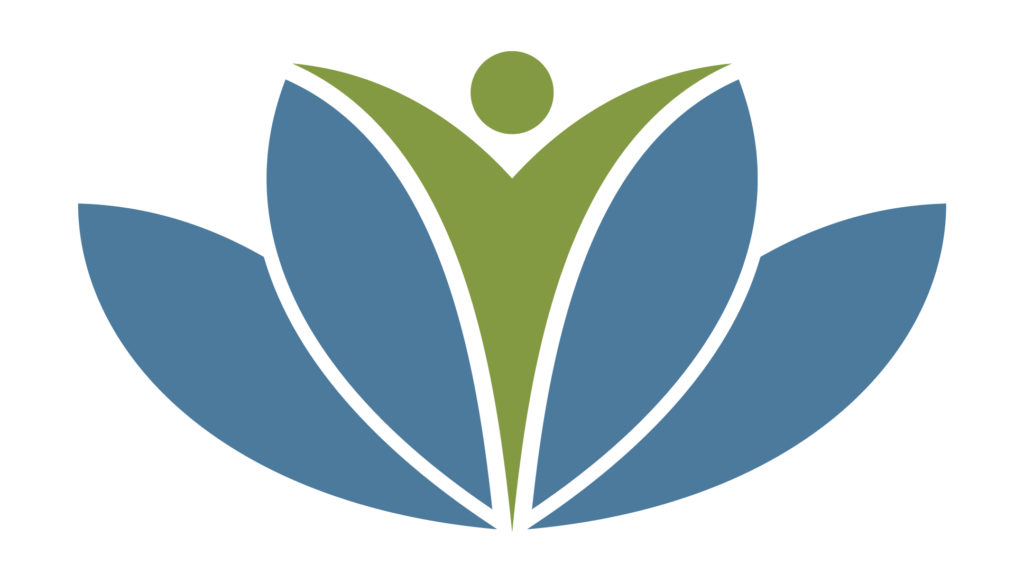Future Focus: Intentions, Goals, and Culture Change


Future Focus: Intentions, Goals, and Culture Change
Here is to a 2023 filled with whatever we need to know we’re cared for and supported.
You can delete this and move on with your day, or you can read on for how a future focus relates to healing in Sanctuary.
Wherever there have been human beings, there have been rituals acknowledging the cycles of the passage of time. There are many ways we mark both what has passed and what we hope might be yet to come, whether it be with new year celebrations, new moon observances, birthdays, anniversaries, or memorials.
We have all heard about the value of goal setting, be it a Pinterest board, bullet journalling, or getting a coach, future-focused goal setting seems to have been all the rage for quite some time. For those of us who tend toward lingering a bit long in the past, this orientation toward the future may be a big lift.
For those living with trauma, it may seem near impossible.
Why is that?
It is because traumatic triggers transport the person who lived the experience to the past, to the emotional place and time of the traumatic event, often without the person knowing what is happening. The pattern-matching prowess of the human organism is, in these moments, its worst enemy. What feels like danger may not actually be, and the experiencer is prevented from moving forward by very real physical sensations delivering the message that what happened in the past is happening right now in the present.
Traumatization flies under the radar in this way, because it feels like real and justifiable responsiveness. Someone uses a tone, gives a look, says something, and suddenly we’re reacting. Since we can identify the reasons for our (re)actions, we convince ourselves that it is just how we are. In this way, trauma reactions become personality traits. Truly pernicious.
This is an example of why focus is so vital for people who work in trauma. We bring awareness to our triggers, which is a great first step, but if it is the only step we take suddenly we’re aware of what we’re doing but still rather helpless to stop it. If we bring a future focus to our awareness of triggers, we can create goals for alternate versions of the immediate, the short-term, and the long-term futures we wish for ourselves and our environments. If we are consistent in visualizing more helpful options, our emotional reactivity will begin to respond to these futures rather than our pasts, giving us the opportunity to access whole lives that maybe we didn’t have access to before.
It is challenging and intense work, but just take a moment right now to visualize the version of your life that you’d most prefer. Really feel it. If your mind starts to deny it with negating talk, ask that part to hold on for just a moment.
We can do this. We really can. We can do it together.
Quick Tip
In the spirit of transparency, I must admit I am new to this practice even though I’ve been hearing how well it works for decades The Secret, manifesting, all that stuff – it is really just the immense power of self-belief, the energy of our cells working together toward a goal we intentionally think about. How does this work? It works because if you truly, really intentionally set goals, you will learn what you need to know about those goals, form habits around those goals, and those habits and education will support you in achieving those goals. You will begin to act as though the thing you want is yours; that it is just a matter of time. You will change your own behaviors, and those around you will begin to see in you the thing you want for yourself.
One simple way to engage with this process is to choose a word around which to build your 2023. Just one word, a small mantra, that will bring you back to yourself when life inevitably gets challenging. It isn’t magic, but it can be magical. If you’re a Forbes kind of person, here is an article on visualization and, just for the heck of it, here is an Inc.com one on intention setting.
To paraphrase Mahatma Gandhi, if we want our culture to change, we need to become the change we want to see.
Thank you.

Meaghan P. Ruddy, Ph.D.
Senior Vice President
Academic Affairs, Enterprise Assessment, and Advancement,
and Chief Research and Development Officer
The Wright Center for Graduate Medical Education









